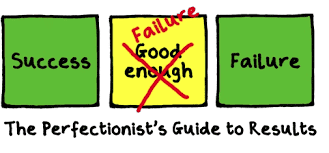Self-Compassion
In the unprecedented time, we’re going through, you can read so many suggestions about how to not just cope but thrive in our current world.
I read a newspaper article today in which the author said he was fed up with reading about tips on staying resilient or strong or caring for yourself. He thought it was all self-indulgent and everyone needs to just live day to day.
Whilst I do agree on his last point, I also think there is a place for sharing supportive ideas even if for some people they don’t resonate. So, with that mindset, here are my thoughts and I hope you find them helpful.
Last week I talked about how to be resilient and focus on what you can influence or control. This week I want to reflect on self-compassion, a subject most of us are aware of but one that’s hard to define.
To me, self-compassion is the opposite of self-criticism. It’s soft, not harsh like self-criticism. I think of it as a kind response to situations that cause you pain, fear or disappointment. That response could be with kind words, positive thinking or constructive actions.
When our inner critic strikes we can forget all about self-compassion and instead engage with it or overthink it. Instead here are some strategies to build your self-compassion muscle.
- Build up a bank of positive memories or beliefs that you can draw on when the inner critic appears:
- Think about the times when you’ve shown kindness/compassion to others
- Make a list of your positive achievements, skills and attributes
- List times you’ve shown courage or dealt with a difficult challenge
- Think about your happiest memories
2. Do the Loving kindness meditation
3. Set yourself realistic intentions. Do you expect to get fit, eat healthily, be really productive with work, and home school your kids? It’s never going to happen! Set yourself expectations that you can realistically meet.
4. Stop what if worrying. Generally, it’s not helpful and the worry is probably outside your circle of influence. Check-in with your worry, if you can’t control it, park it or let it go.
5. Practise your compassionate voice. You will know the kind of words your inner critic uses. Identify those words and think about what a compassionate voice might say in response. Preparing those words can really help when the critical voice pops up.
I’m sure the journalist I read would hate this advice but I hope it brings you some compassion. If you’d like to hear more about compassion and your inner critic do book a free call with me here. Or you could read my book Good Enough here
Stay safe and well.





